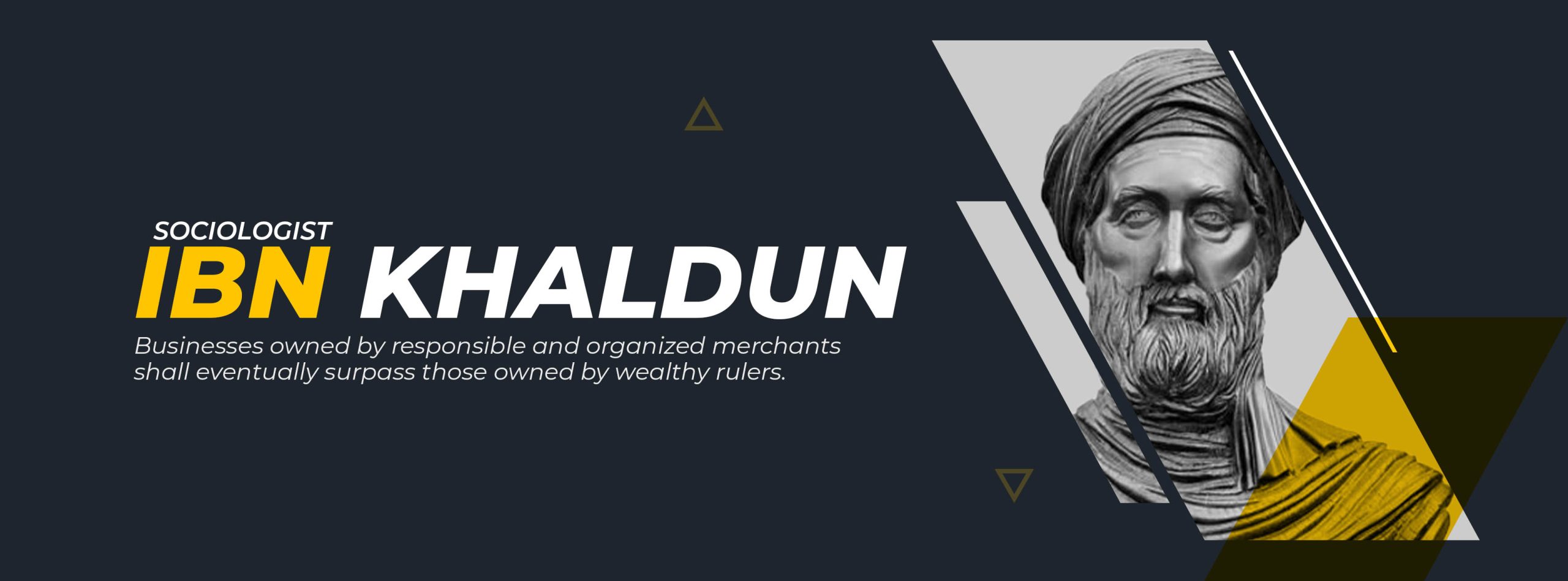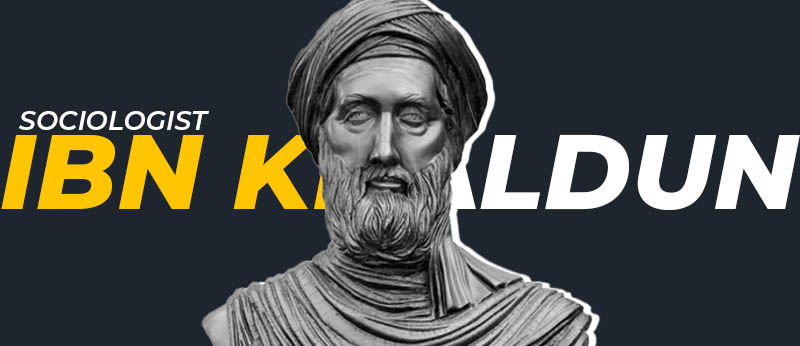Top 10 most inspiring quotes by Ibn Khaldun
- Man is essentially ignorant, and becomes learned through acquiring knowledge.
- The past resembles the future more than one drop of water resembles another.
- At the beginning of a dynasty, taxation yields a large revenue from small assessments. At the end of the dynasty, taxation yields a small revenue from large assessments.
- Therefore, the Negro nation are, as a rule, submissive to slavery, because [Negroes] have little [that is essentially] human and have attributes that are quite similar to those of dumb animals, as we have stated.
- Businesses owned by responsible and organized merchants shall eventually surpass those owned by wealthy rulers.
- All the sciences came to exist in Arabic. The systematic works on them were written in Arabic writing.
- The Berbers belong to a powerful, formidable, and numerous people; a true people like so many others, the world has seen – like the Arabs, the Persians, the Greeks and the Romans.
- He who finds a new path is a pathfinder, even if the trail has to be found again by others; and he who walks far ahead of his contemporaries is a leader, even though centuries pass before he is recognized as such.
- Sedentary culture is the goal of civilization. It means the end of its lifespan and brings about its corruption.
- Throughout history many nations have suffered a physical defeat, but that has never marked the end of a nation. But when a nation has become the victim of a psychological defeat, then that marks the end of a nation.

Ibn Khaldun (full name: Abd al-Rahman Ibn Muhammad Ibn Khaldun) was a renowned North African historian, philosopher, and scholar who lived during the 14th century. He was born on May 27, 1332, in present-day Tunisia and is considered one of the most influential figures in the field of historiography and social sciences.
Ibn Khaldun was born into an educated family and received a thorough education in Islamic sciences, law, and philosophy. He began his career as a government official, serving in various administrative roles in the North African region, including positions in the court of the Tunisian ruler and the court of the Marinid dynasty in Morocco.
However, Ibn Khaldun’s lasting impact stems from his groundbreaking work in the field of historiography. His most significant contribution is his monumental work, “Muqaddimah” (also known as “Prolegomena” or “Introduction to History”). It is a comprehensive analysis of historical and social sciences, covering topics such as sociology, economics, anthropology, and political theory. In this work, Ibn Khaldun introduced the concept of ‘Asabiyyah’ or social cohesion as a crucial factor in the rise and decline of civilizations.
Ibn Khaldun’s approach to history was unique for his time, as he emphasized the role of geography, environment, and socioeconomic factors in shaping the course of history. His work challenged the prevailing narrative of his era, which focused primarily on genealogy and narratives of kings and rulers.
Despite his profound contributions, Ibn Khaldun’s work initially received limited recognition during his lifetime. However, his ideas gained prominence in later centuries, influencing Western philosophers and historians such as Montesquieu and Arnold Toynbee. Today, Ibn Khaldun is widely regarded as one of the greatest intellectuals of the medieval Islamic world and a pioneer in the fields of historiography and social sciences. His works continue to be studied and appreciated for their analytical depth and interdisciplinary approach.
👉Listen to the best music from all over the world at www.liveonlineradio.net #Ibn_Khaldun #quotes #FM #Online_radio #radio #live_online_radio #live #world_radio





